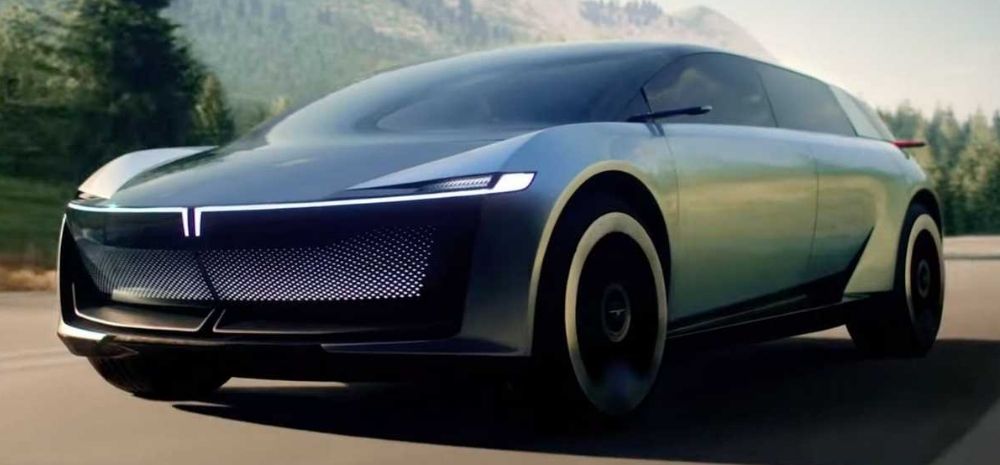Tata Will Now Make Batteries For Electric Vehicles! Tata Wants To Dominate Entire Electric Vehicle Ecosystem?

On Friday, chairman of Tata Motors, N Chandrasekaran said that the company will soon start producing electric vehicle (EV) batteries in the country as the intention of getting into the battery space is very strong at the Tata Group.
Avinya, Local Sourcing & Battery Management Systems
While unveiling the company’s AVINYA (Sanskrit word that translates to innovation) concept car he said, not giving out many details, that “We are not going to be limited in the journey towards EV leadership by what is required in terms of capital, in terms of talent and in terms of a robust supply chain.”
When he said a robust supply chain, what he also implied was the local manufacturing of semiconductors, the shortage of which has negatively impacted the global and Indian car industry.
Chandrasekaran said that “We are already into precision manufacturing, such as Titan Company that produces high-precision products, and manufacturing of semiconductors is something we are looking at actively”.
The Managing Director of Tata Motors Passenger Vehicles, Shailesh Chandra said that the company imports certain components of an EV battery, such as cells, and assembles the battery pack locally.
Chandra said that currently the organization already assembles modules. He said that now the process of indigenously developing the battery management system is ongoing. He said that a lot of things that go into the making of a battery pack are being localized. However, the cell which is one of the most important parts, will take time be locally developed. He said that the good part is that the government is also actively looking into this, with schemes like ACC-PLI, which indicate that over a period, a capacity will be developed.
On Friday, Tata Motors also launched its born-electric pure EV architecture, on which only EVs will be developed. The first car which will be built on this architecture shall be launched in 2025. With a range of more than 500 km on a single charge, the AVINYA concept car will be built on this architecture.
Different Generation Cars & Going Global
Chandrasekaran stated how the government aims to have EV sales accounting for 30% of private cars by 2030. He added that, however he aims higher. He said that the company has done tremendous progress in Generation 1 and Generation 2 EV architectures, and today we are unveiling Generation 3 for the world.
By Gen 1 cars, Tata refers to those cars which were developed from internal-combustion engine (ICE) cars, such as the Nexon EV and Tigor EV.
By Gen 2 cars, it refers to the cars that will be launched in 2024, and will be developed first as EVs and then as ICE vehicles. Earlier in April, Curvv concept SUV was showcased, it was also a Gen 2 car.
By Gen 4 cars, the automaker refers only electric cars.
With Gen 3 cars, Tata wants to go global, said the Chairman. He said “We are benchmarking global cars with this one (the AVINYA), and that’s why we will focus on global markets, in addition to India.”
He said “It’s a state-of-the-art software-on-wheels that is well-designed, sustainable and reduces the planet’s carbon footprint. Green mobility is at the nucleus of our electric mobility division, and the AVINYA Concept is a reflection of what the company stands for — a creation that will not only accelerate the adoption of EVs, but also lead this movement”.
The central idea of Avinya is to provide to offer a mobility solution like none other.
“Further, at the Tata Group, we are uniquely positioned to bring all the expertise that is necessary to build these mobility solutions and are confident that in the years to come we will make a larger and sustainable impact not only in India but globally as well.”

Comments are closed, but trackbacks and pingbacks are open.